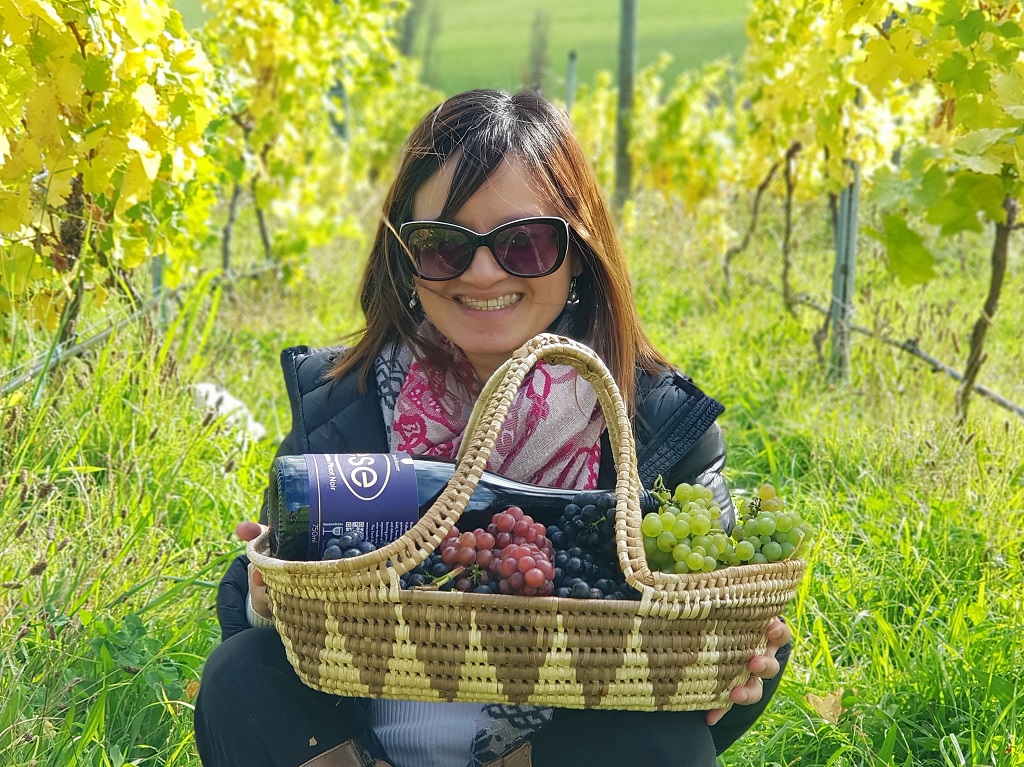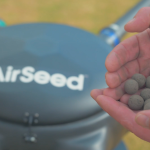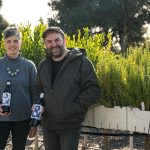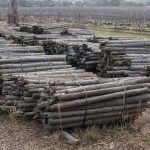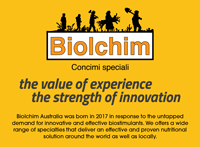Anh Nguyen is the owner and operator of Ese Vineyard’s Torch Bearer Wines, a boutique vineyard in Tasmania’s Coal River Valley. While only operating on 6.5 hectares of land, what Nguyen is trying to achieve on her small family vineyard is a self-supporting system that improves the environment – and a product that consumers increasingly demand: biodynamic wine.
The Ese Vineyard was established in 1994 and was managed using traditional practices until 2017, when Anh Nguyen took it over.
Re-establishing the vineyard to produce biodynamic wine, Nguyen has recruited biodynamic farming practices to create a sustainable ecosystem and award-winning wine.
Planting trees to reduce noise and provide a barrier against pollution from the adjacent road were a critical part of the equation.
A barrier for pollution
Adding to this holistic farming approach, Nguyen explains why she has chosen to plant trees on her vineyard.
“Because we’re so close to the road, we want to plant a barrier for noise and pollution and to attract bees and bugs that are helpful for the vines. [Insects] like ladybugs are the true workers of the farm, they eat all of the disease and mildew,” she said.
“Last year with the help of some friends, we planted 300 manuka tea trees along the fenceline of the property.
“Right before spring we’re going to do another planting. Our plan is to have a tree planting festival every year because we’ve seen a lot of benefit from it.”
Not only serving as protection against noise and environmental pollution, Nguyen says the trees will also minimize frost and wind damage.
“We are in a frost prone area, so the trees will also be a frost barrier for us,” she said.
“It’s also a very windy site and when we put nets on, they can’t stay up. We saw a reduction in productivity because we had two weeks of nonstop wind. [The trees] will serve as a windbreak and will protect the young vines.”
The many benefits of planting trees
Nguyen says while she did her own research to decide what to plant, she also shares that there’s many resources in Tasmania to help farmers to decide what trees are best to plant depending on their land use and location.
“I did some research on what trees to plant and sought some advice. I’ve always been a big fan of the manuka tea tree for its medicinal effects and for the honey. It was so easy for us to pick out that tree because they’re native, they can withstand all the very harsh conditions on our farm, and they grow into a big bush and aren’t too invasive,” Nguyen said.
“Regardless of where you are, if you do a little research and with the help of your local nursery, you can choose the type of trees that are suitable for your farm and for whatever crops that you grow on your farm.”
Nguyen says the trees will also help enhance the soil.
“What we find is that with trees, microorganisms live underneath which make the soil better. Better soil leads to better vegetation – it’s a cycle. So, slowly we build up the soil.”
“[Before we planted trees] we were losing more and more soil and organic matter because it was all bare earth with no vegetation cover. [Trees] give the house for the microorganisms for a healthy soil.”
Doing her part for the planet
Nguyen explains that making sustainable farming choices and choosing to plant trees will help her vineyard and also generations to come.
“Over the last few years, farmers have become the advocates for climate change because we’re the first people to suffer from the extreme weather events. More and more people want to get to the root cause of it. I’m taking that initiative. It’s challenging but there’s a lot of resources for people who want to go that way,” she explained.
And she’s not the only one making better choices for the planet. Nguyen says her customers also influence her viticultural choices.
“More and more consumers want to know where their wine comes from, what’s put in it, and how we do things. Especially the younger generation, they want to protect the Earth. So, if you can somehow build your business and make a product without harming the Earth and make it more sustainable for future generations you will do well – that’s what we’re aiming for.”
Getting her friends and community active in the process of planting trees she says helps people feel more connected to the benefits of trees.
“I want more and more people to get involved and know the reasons why we plant trees.”
This article was originally published by Private Forests Tasmania and is reproduced in the March 2021 issue of the Australian & New Zealand Grapegrower & Winemaker with permission. To find out more, or to subscribe, click here!
Are you a Daily Wine News subscriber? If not, click here to join our mailing list. It’s free!

